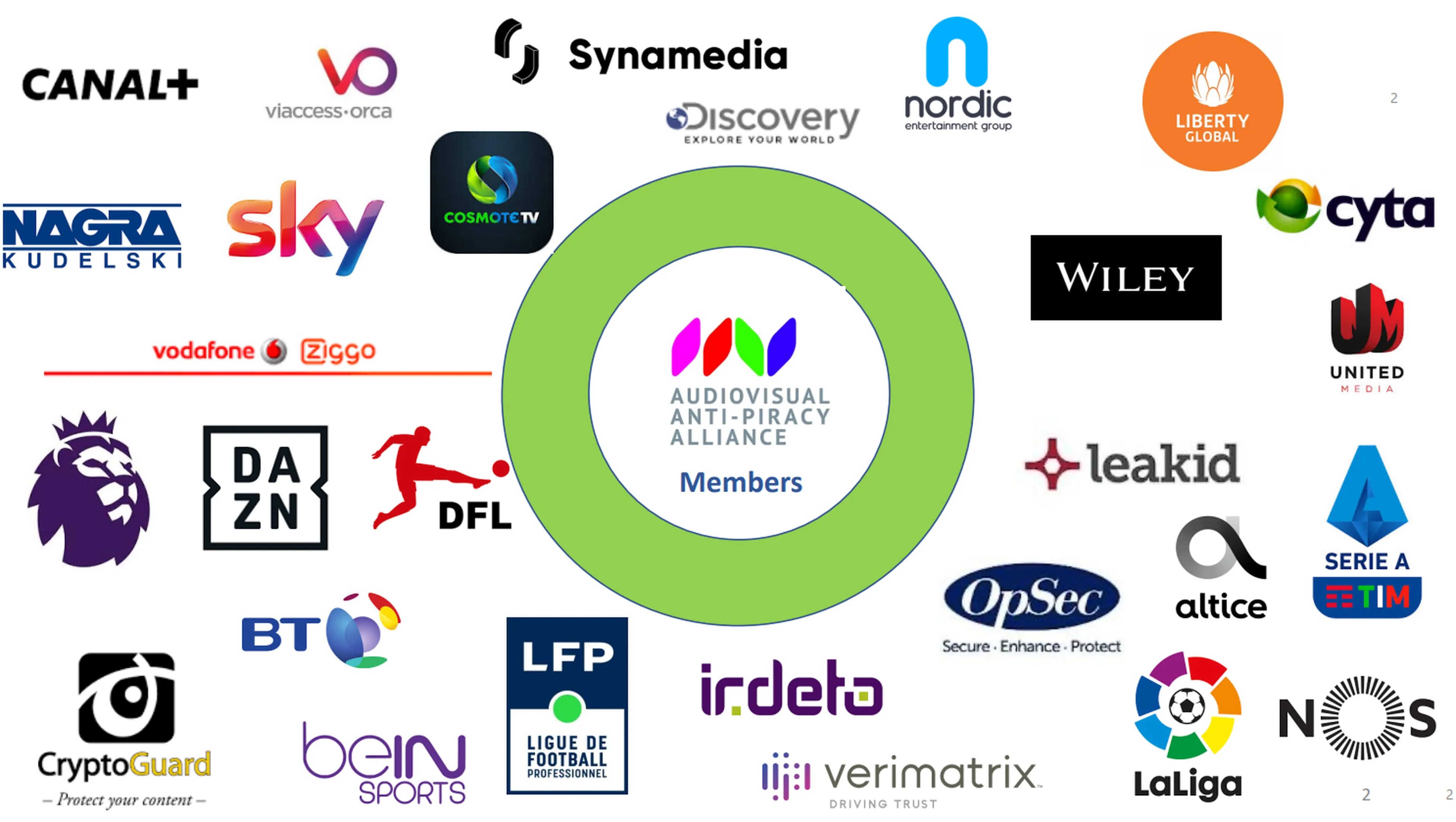[ad_1]
The Alliance Against Audiovisual Piracy (AAPA) and beIN Sports, which together have a key interest in dealing with pirate IPTV providers for their involvement in illegally broadcasting matches, presented some very interesting data last week.
AAPA described itself as a group that “Lobby for better anti-piracy legislation and its enforcement“while creating”private and public partnerships for more efficient and effective enforcement“. In short, they fight against piracy in all its forms.
As they explained in their meeting, the real problem with this type of piracy, like the one that affects the world of soccer through IPTV, is that DMCA notifications (in Spanish Copyright Law of the Digital Age) should be sent to the email addresses of these providers of IPTV And they tend to go unanswered.
The physical addresses registered in the name of the companies are “fake or worse PO boxes“, says the AAPA, which means that identifying who owns the servers that host these services can be difficult or even impossible.

The great stumbling block for companies to stop football piracy
From a law enforcement standpoint, it’s not ideal. The AAPA reports that, during the first six months of the football season, only 10% of DMCA notifications were acted on sent to an offshore hosting company.
“There is no repeat infringer policy. Notifications are ignored and no legal action can be taken because no one knows where that company is or who owns itsays the AAPA filing.
It is unknown if anything can be achieved in the short termbut when making his presentation and his “call to action” In the Internet Governance Forum, which operates under a United Nations mandate, the possibilities are greatly increased.
If nothing else, the fact that an anti-piracy group is so far into “enemy” territory, trying to disrupt IPTV’s fabric rather than just IP addresses, adds a new dimension to this evolving battle.
[ad_2]






Leave a Reply